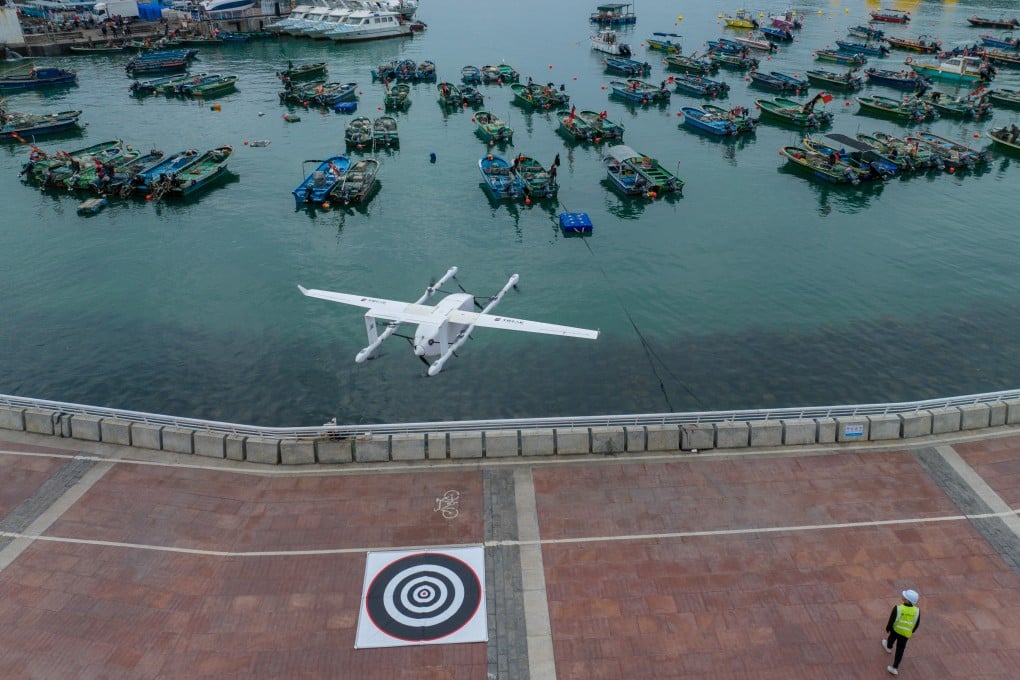Advertisement
Opinion | Hong Kong should look before it leaps into low-altitude economy
We must not start spending taxpayers’ money until we know what we truly need from the low-altitude economy and the goals we intend to achieve
Reading Time:3 minutes
Why you can trust SCMP
3

When living in Milan, Leonardo da Vinci envisioned the utopian city as one with two levels. The upper level would be where noble people lived, breathed and relaxed; the lower level – hidden below the streets – would have a knitted network of canals and routes for delivery, services, utilities and logistics.
While conventional by today’s urban planning standards, his idea was visionary in the Milan of his time. The lack of sanitary awareness helped perpetuate the bubonic plague which killed more than one-third of its citizens.
However, even the genius of Da Vinci is unlikely to have imagined that a city could have a third level, one that could transform services and enhance the economy in the contemporary world. That is, of course, if the low-altitude economy lives up to the hype and creates an unprecedented market.
Advertisement
According to figures from the Civil Aviation Administration, China’s low-altitude economy was estimated at more than 500 billion yuan (US$69 billion) at the end of 2023 and is expected to reach 2 trillion yuan by 2030. Given the many potential drivers of this new sector – including government grants and subsidies, the cost of enhancing 5G and 6G network infrastructure and more – it is difficult to nail down an accurate estimate of a low-altitude economy’s financial impact.
Putting aside its effect on the economy, what would be the big deal if we had drones flying over our heads to deliver bubble tea? More specifically, how would a low-altitude economy transform urban development, logistics and transport?
In terms of services and delivery, it might not change much in our environment or how we live and go about our day-to-day business. Most Hongkongers live in flats, and drones are unlikely to deliver the merchandise directly to our homes but instead take it to designated lockers.
Advertisement
Advertisement
Select Voice
Select Speed
1.00x

